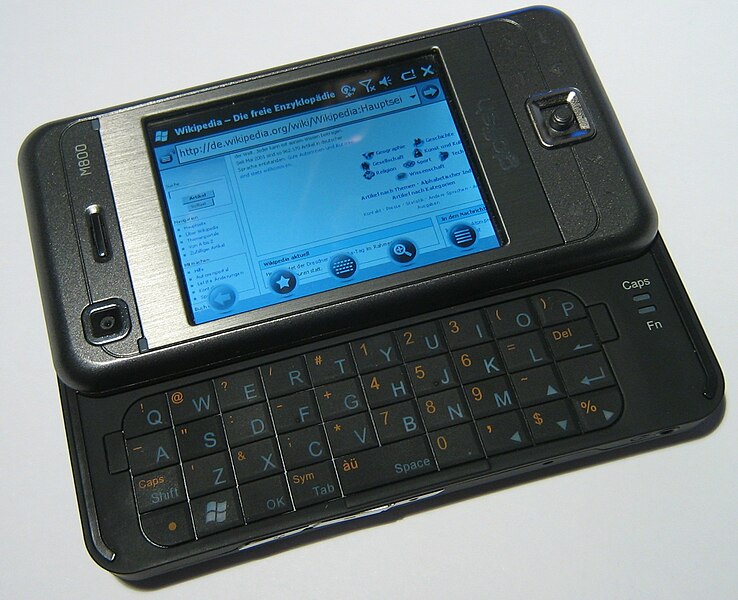Rapidly The Truth Will Out - Today's Technology Means Realtime Fact Checking
The speaker was addressing nearly a thousand people and tossed out an incredible statistic. "Incredible," in this instance, does not mean fantastic, amazing, awesome, or terrific. It means lacking credibility, not believable, or improbable.
It smelled. I immediately shut down, tuned out, and hit the Internet to fact check the statistic on my web-enabled phone. I quickly found that it was overstated by a factor of four. It took a few minutes longer to confirm the error with a separate source.
I realize that it's possible the speaker simply misspoke. In fact, he probably misspoke. Yet while the speaker wasn't using a teleprompter, his remarks did appear carefully prepared, reducing the possibility of an unplanned error. Perhaps he ad-libbed poorly.
Whether planned, purposeful, or not, the error called every other statistic he cited into question. In fact, it made everything he said suspect.
If I was listening to the speaker ten years ago I might have doubted the stat, but couldn't check it real time. Today, it's different. As web-enabled phones become more ubiquitous, more people have the ability to fact check public speakers, advertising, and salespeople. And once found providing erroneous information, everything else is suspect.
Salespeople who are caught misstating facts on a presentation, blow their credibility with one person. It's worse for advertisers. Advertisers may find their ads the subject of blogs. It's even worse for speakers. They may find their error exposed before the crowd real time if the conference is being "tweetcast" on Twitter as more and more events are.
After confirming the correct statistic with a second source, I tweeted my finding using the conference hash tag. I don't know how many people were actively following the conference using Twitter, but at least a dozen were contributing to the tweetcast. I suspect others were following it remote because they couldn't attend the conference, and still others would search the hash tag on Twitter after the conference to read the tweetstream as a way of reviewing conference notes. The number of people engaged in a silent, running commentary during events will only grow as more people discover and use the new technology.
Technology is changing the game. Speakers, advertisers, and salespeople have got to be sure about their facts and stats because it's easy for customers, prospects, and audiences to verify them and spread the word to others.
The best approach is to always use sources. An erroneous source isn't good, but it won't kill your credibility. If you have no source, state clearly that you're making an estimate or basing a claim on personal experience.
Shakespeare wrote, "at length the truth will out." With today's technology the Bard might written, "rapidly the truth will out."


No comments:
Post a Comment